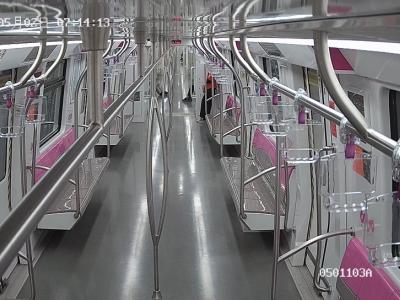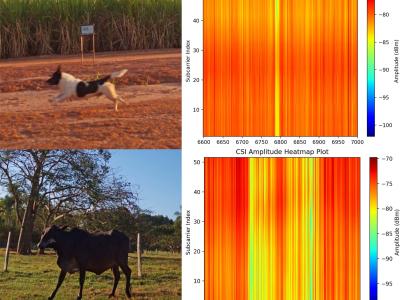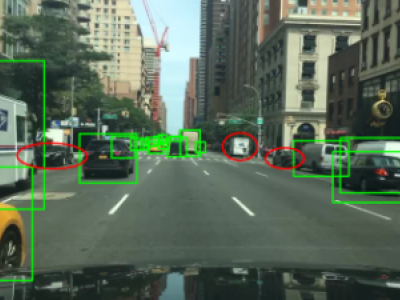
This dataset analyzes rail transit carriage occupancy levels, categorizing crowd density into three distinct classifications. The data collection process involved systematic monitoring of passenger distribution within subway cars during various operational hours, encompassing peak and off-peak periods. Each classification represents different degrees of crowding, providing valuable insights into passenger flow patterns and capacity utilization.
- Categories:



